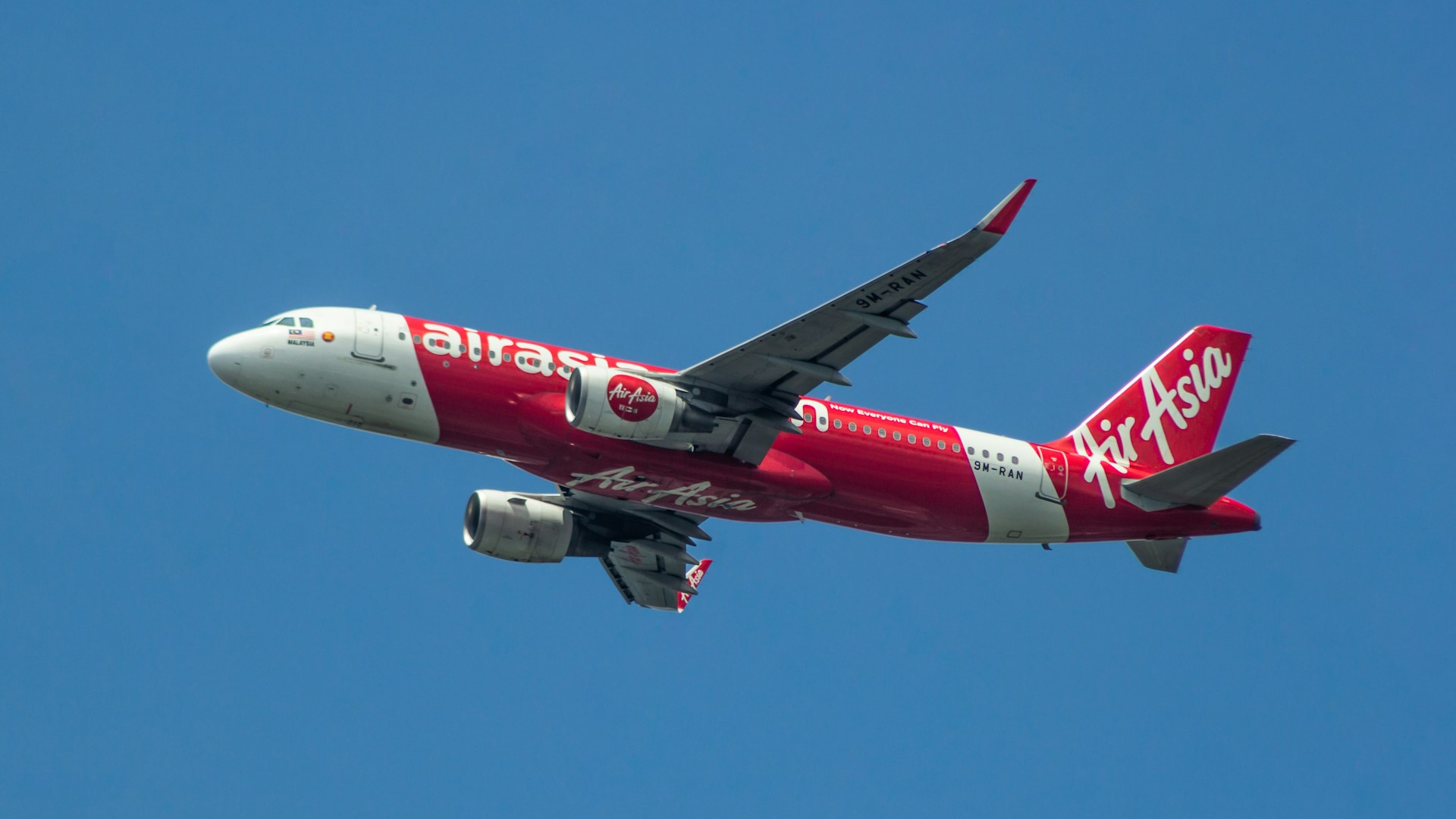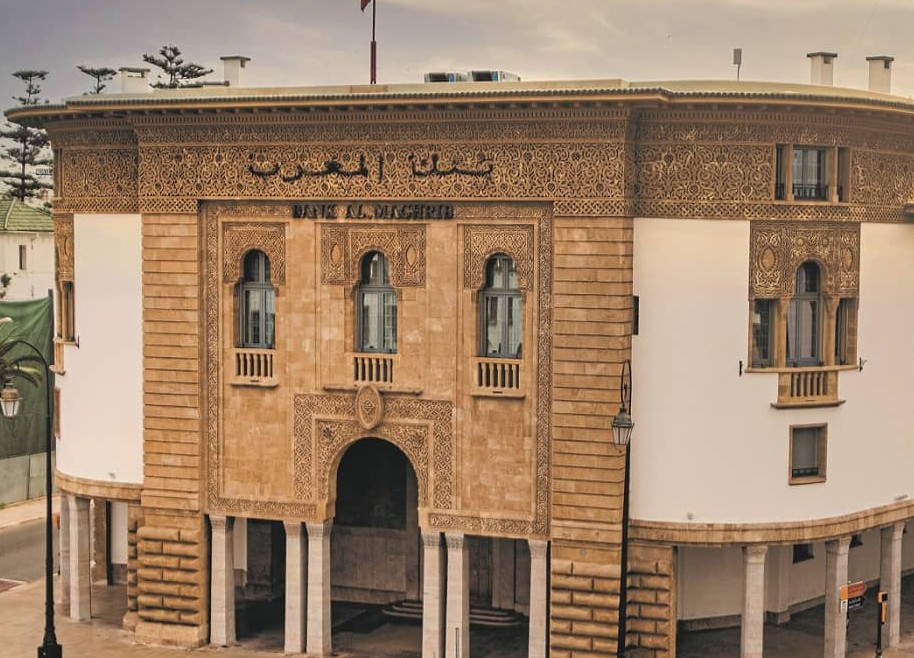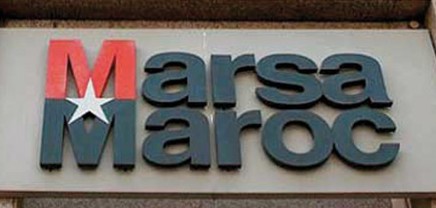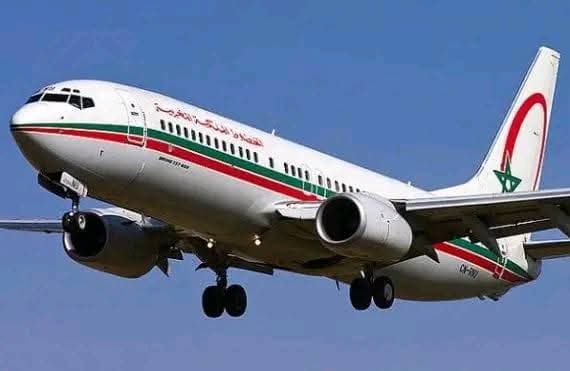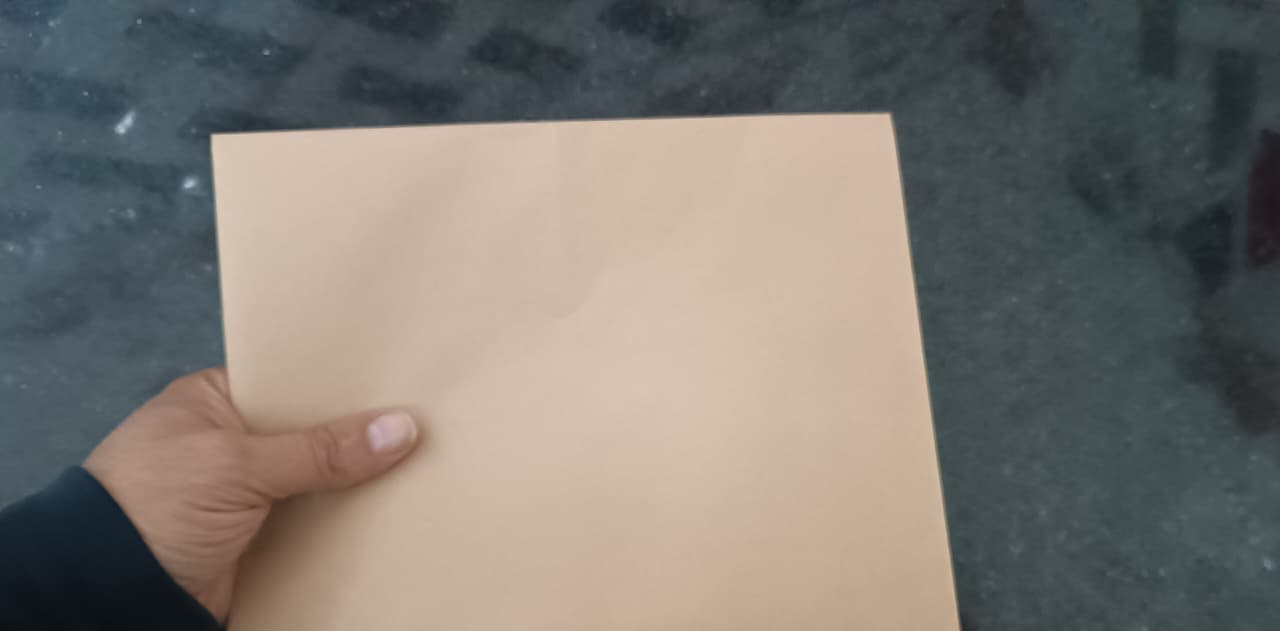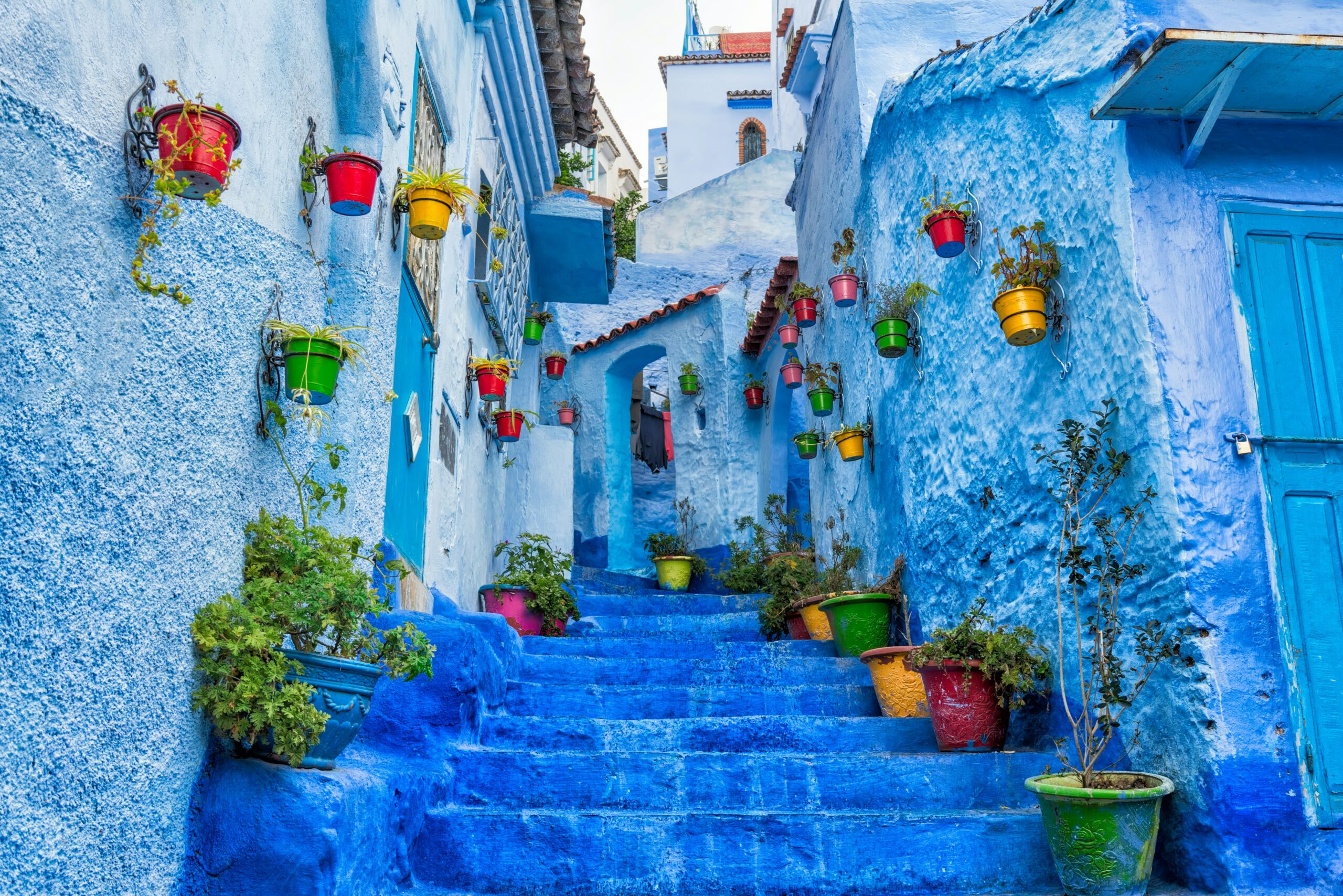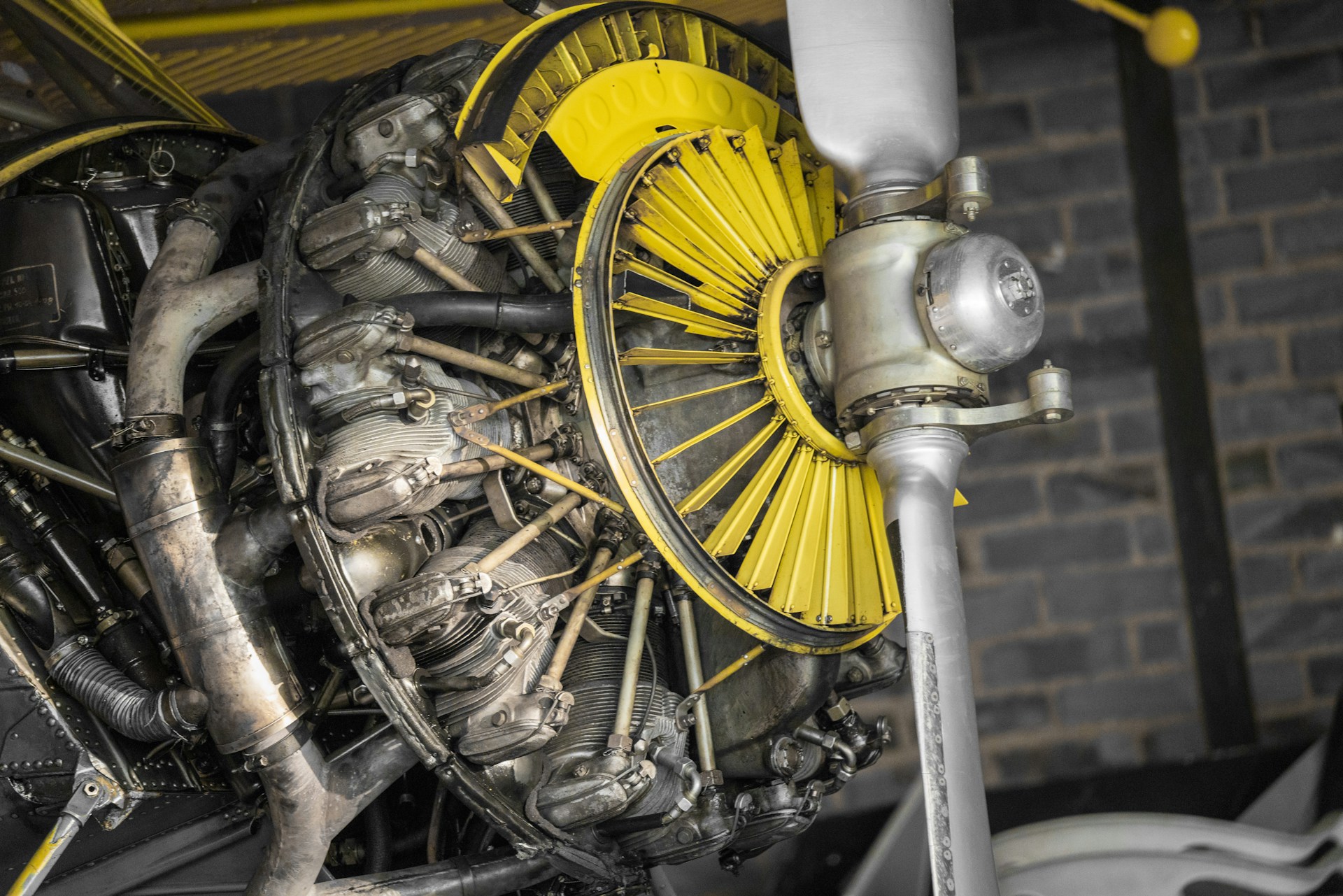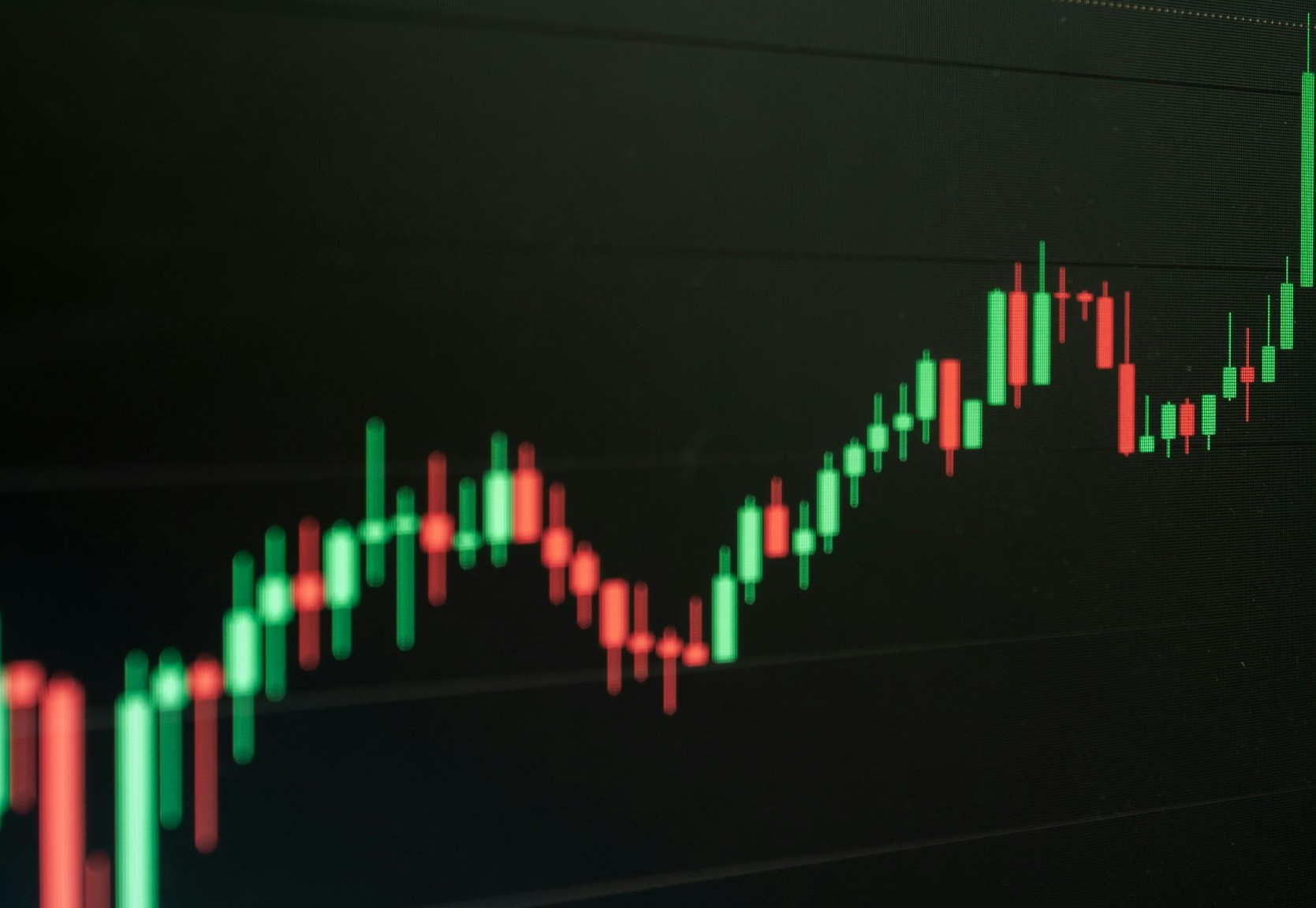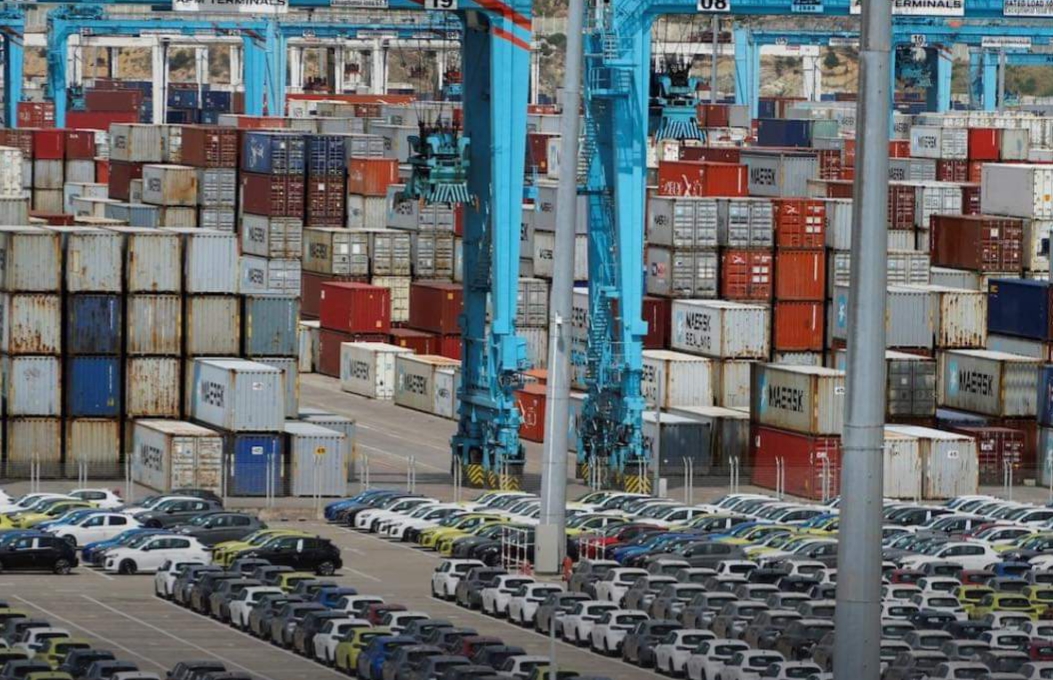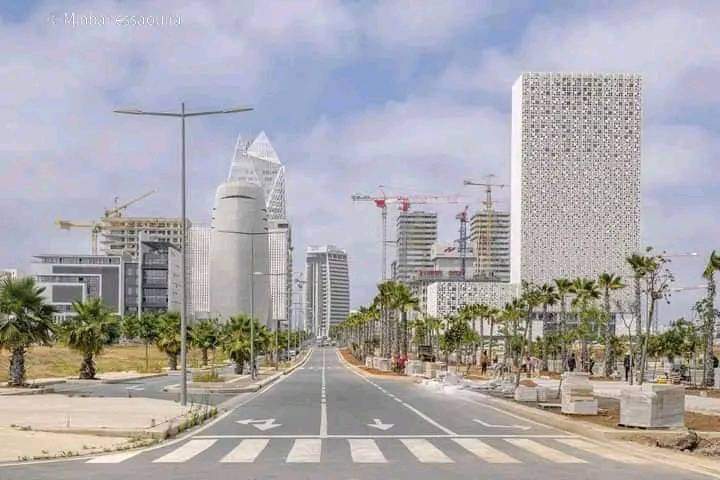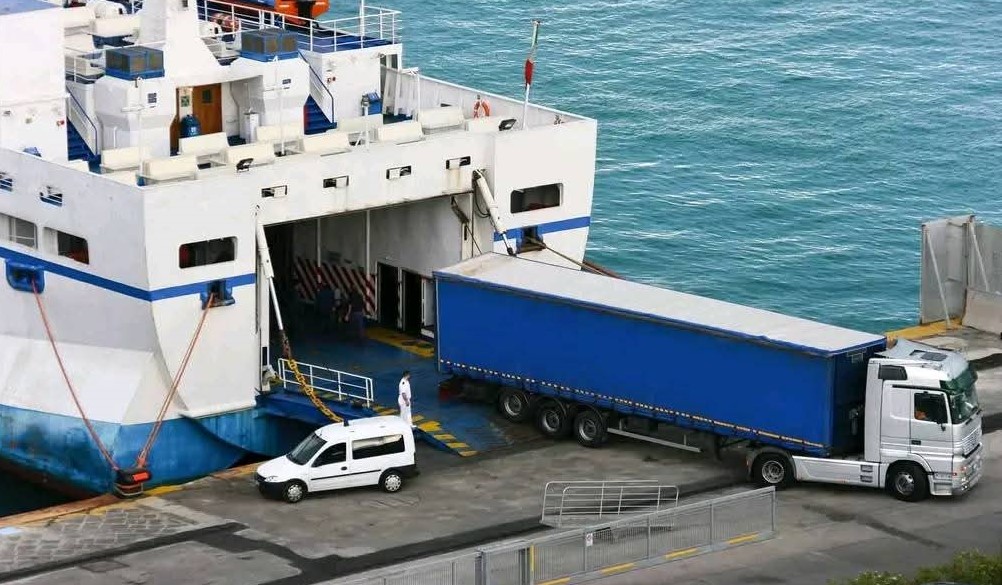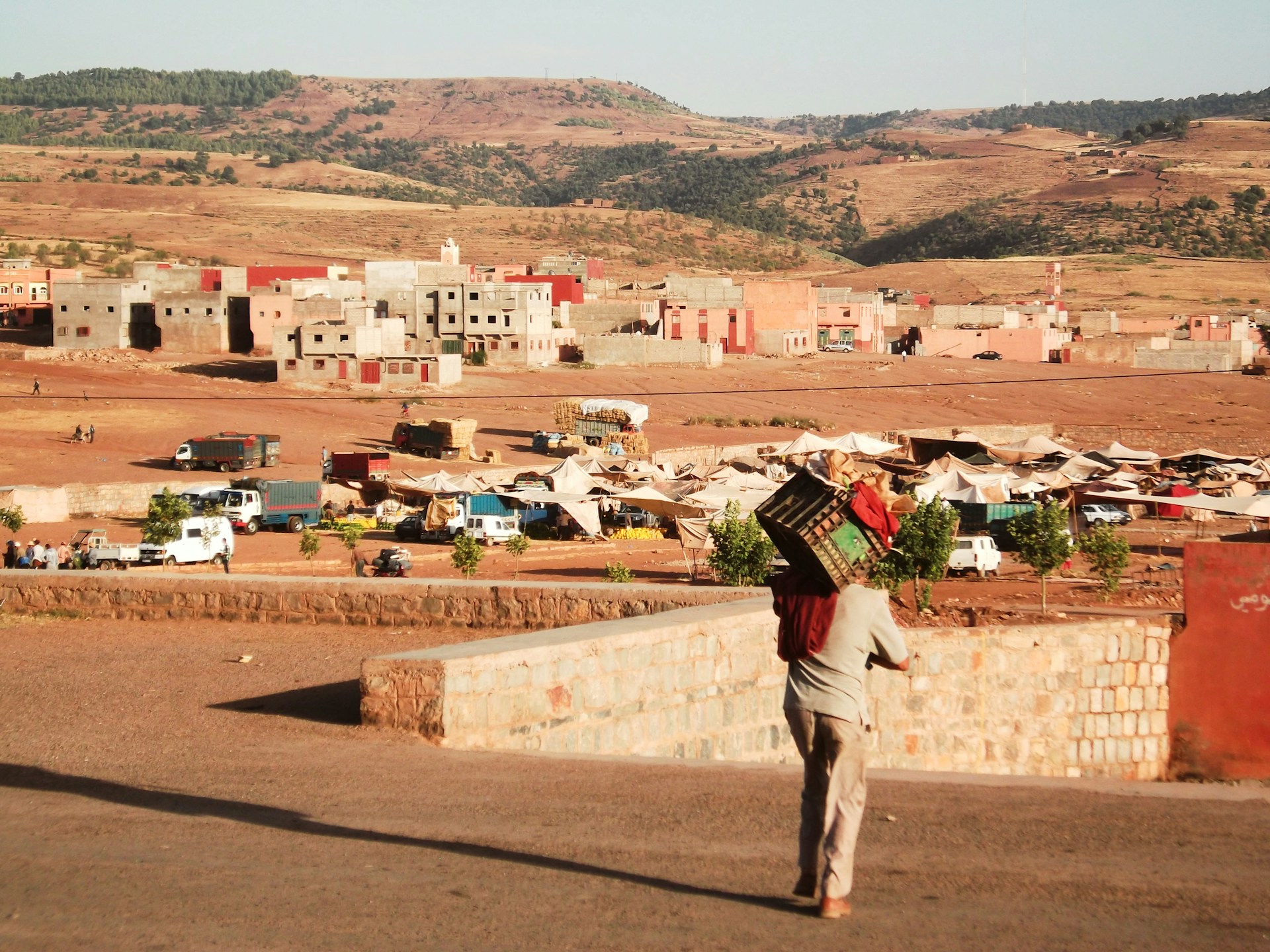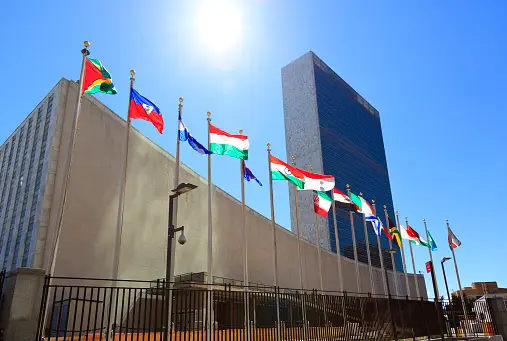Casablanca – As the armed conflict between Iran and Israel escalates, fears are mounting over its potential global fallout—particularly in oil markets, trade logistics, and energy-dependent economies like Morocco. Analysts warn that this confrontation could trigger wide-reaching economic and geopolitical disruptions, affecting fuel prices, consumer goods, and even tourism.
A strategic conflict with global reach
The hostilities began on June 13 when Israel launched a surprise attack on Iranian nuclear and military sites. Iran responded with a large-scale missile strike on Tel Aviv the same day. The confrontation has since evolved into a direct and unprecedented military exchange between the two regional powers, with no clear path to de-escalation.
While the violence remains concentrated in the Middle East, the ripple effects are already being felt around the world. Energy markets responded immediately—oil prices jumped by nearly 10% in just one day. And for countries that rely heavily on energy imports, including Morocco, the stakes are especially high.
Energy prices: A sharp and immediate impact
Morocco imports over 95% of its oil and gas needs from the international market, much of it tied to supply routes running through or near the Gulf region. As such, any disruption in this area—particularly the closure of strategic maritime chokepoints like the Strait of Hormuz or the Bab el-Mandeb Strait—could significantly undermine Morocco’s energy security.
The Strait of Hormuz is of particular concern. Over 20 million barrels of oil pass through it daily, making it one of the most critical arteries for global energy supply. If Iran decides to close the strait in response to military or diplomatic pressure, oil prices could surge well beyond $120 per barrel, pushing up transportation and production costs worldwide.
For Morocco, this scenario could result in a significantly higher energy import bill, rising inflation, and mounting pressure on public finances. Households already burdened by the high cost of living may see further increases in fuel and food prices. These developments could revive public debate around the possible return of fuel subsidies or the introduction of social support measures to mitigate the impact.
Trade and logistics: Global disruptions with local effects
Beyond energy, the conflict threatens to disrupt global shipping and trade. The Bab El-Mandeb Strait—another narrow passage critical for shipping between Europe, Asia, and Africa—also lies within the potential conflict zone. Any interference in maritime transport through these routes would slow down global trade, increase freight costs, and further strain international supply chains.
Moroccan imports of essential goods, machinery, and industrial inputs could face delays or cost increases, which would ultimately be passed down to consumers. Industries such as agriculture, food processing, and construction, all of which rely on imported materials, could be particularly affected.
Tourism: Another vulnerable sector
Tourism, a major pillar of the Moroccan economy, could also suffer indirect consequences. While Morocco is geographically distant from the conflict, perceptions of instability in the broader MENA region often influence traveler decisions. Past geopolitical tensions in the Middle East have triggered waves of cancellations or declines in visitor numbers to North African destinations.
A prolonged or expanded conflict could weaken tourist demand just as the sector begins to recover from global slowdowns and pandemic-era disruptions. Reduced tourism revenues would translate into lower income for thousands of workers and small businesses in hospitality, transport, and related services.
Policy uncertainty ahead
The Moroccan government has so far not announced specific measures to address the economic risks tied to the Iran-Israel conflict, but rising fuel prices and growing public concern may force policymakers to act. Options on the table could include temporary fuel subsidies, support for vulnerable households, or emergency energy supply agreements with alternative partners.
In the longer term, the crisis may reinforce Morocco’s interest in accelerating its energy diversification strategy, which includes investments in solar, wind, and liquefied natural gas infrastructure. But such structural shifts take time, and the current volatility demands more immediate responses.
A tense outlook
As the situation in the Middle East continues to evolve, Morocco finds itself exposed to multiple layers of economic vulnerability. From surging energy costs and disrupted supply chains to pressure on household budgets and weakened tourism, the conflict between Iran and Israel poses a complex challenge to national economic stability.
While the worst-case scenarios—such as a complete shutdown of oil transport routes—have yet to materialize, the risks are real and growing. For Moroccan citizens and businesses alike, the coming weeks may bring renewed uncertainty and calls for stronger policy responses to shield the economy from external shocks.
